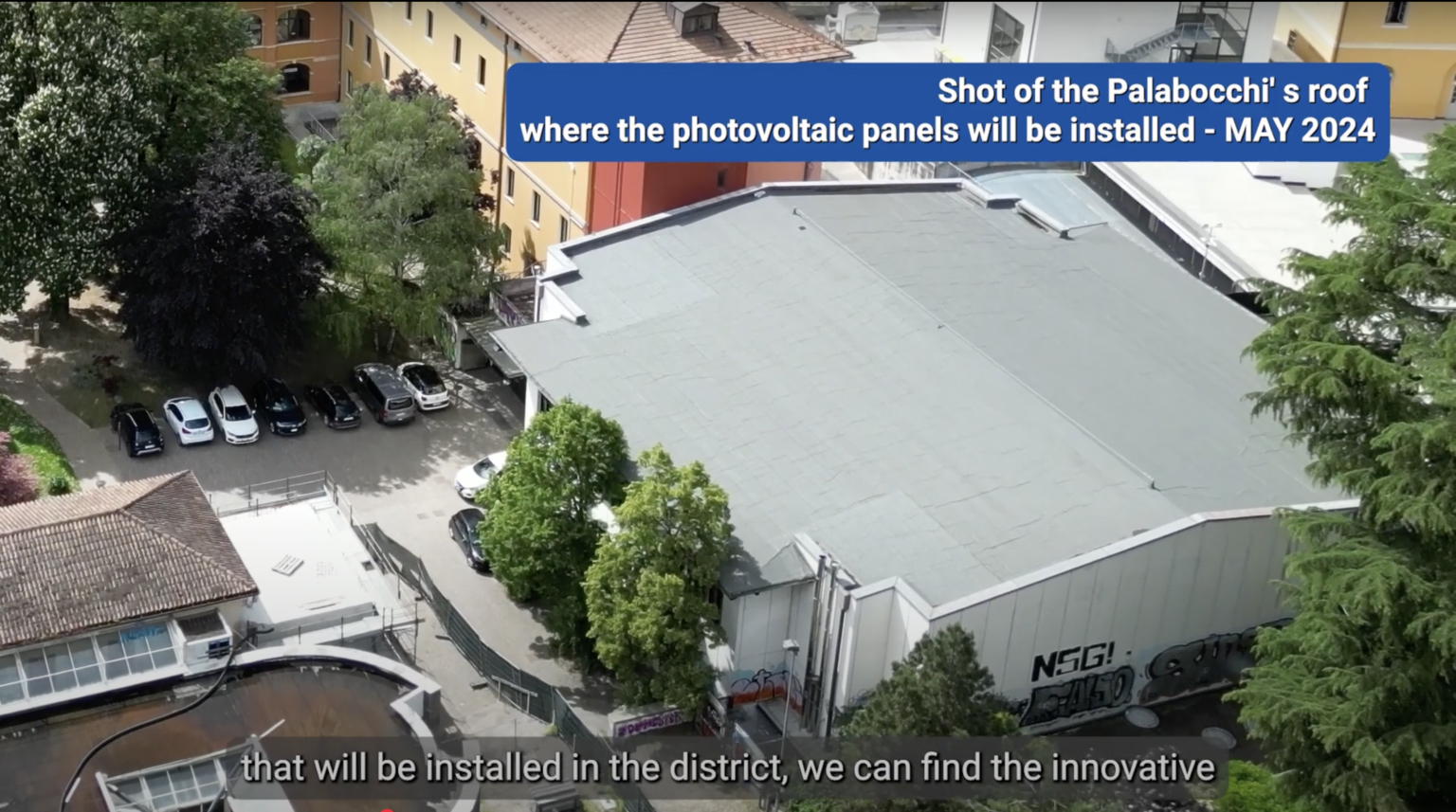
InCUBE is excited to introduce a new video spotlight series created by project partner Fondazione Bruno Kessler (FBK), highlighting the Trento demonstration site and featuring insights from researcher Silvia Ricciuti. These short videos provide an in-depth look at the strategies being used to transform buildings into energy-efficient, smart spaces that contribute to a greener future.
The first video introduces the Santa Chiara District in Trento, one of the key demonstration sites of the InCUBE project. This renovation project focuses on reducing energy demand and emissions through a comprehensive approach. The video explores the integration of Building Information Modelling (BIM), digital twin simulations, and innovative insulation techniques.
The second video highlights cutting-edge Smart Energy Management Systems (SEMS) designed to optimize energy forecasting and self-consumption through machine learning and deep neural networks. This episode showcases key technological advancements, including:
The final video in the series focuses on the integration of cloud-based platforms and blockchain technology to optimize energy generation, storage, and consumption. It explores the concept of Renewable Energy Communities, which empower citizens and local businesses to actively participate in the clean energy transition. The video also highlights InCUBE’s efforts in fostering gender inclusion in the renewable energy and construction sectors through training and awareness initiatives.
These videos provide a behind-the-scenes look at the groundbreaking solutions being deployed in the InCUBE project. Led by FBK, the series showcases how energy-efficient retrofitting and smart digital tools are creating positive energy districts. Stay tuned for more updates as InCUBE continues to push the boundaries of sustainable renovation!